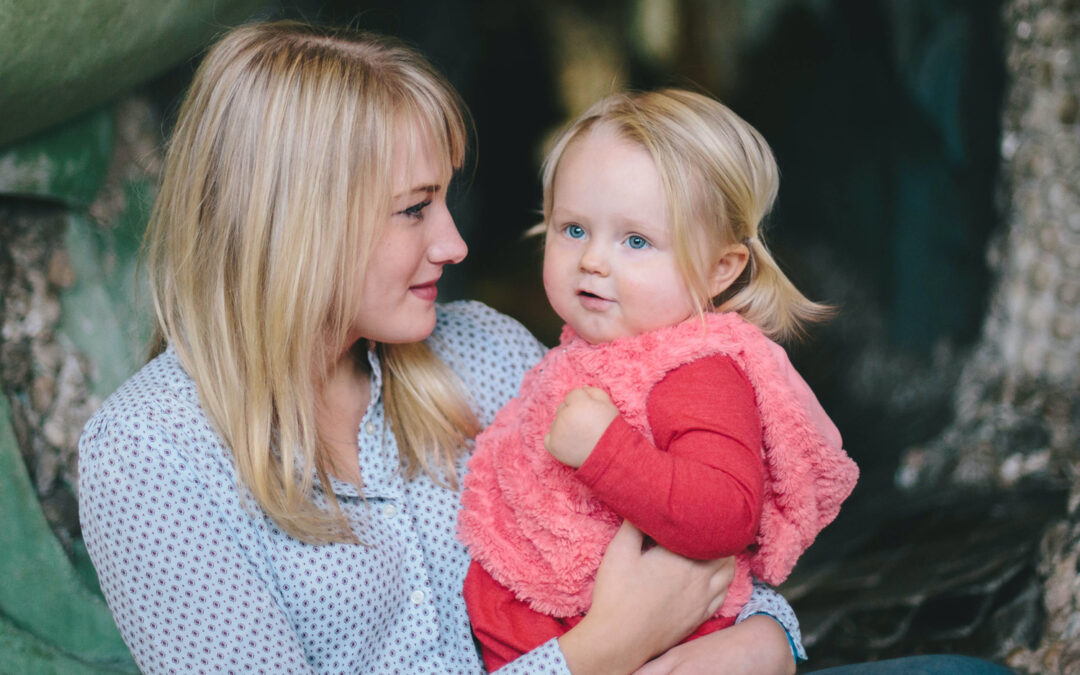It is hard to believe that any single aspect of the self can impact so much of your life, feelings of relationship satisfaction, and overall levels of happiness. But, your attachment style may be much more important than you think. Your attachment style can affect your conflict resolution skills, your relationships with others, your parenting approach, and your own sense of self. But what exactly is attachment, and why are so many people talking about it these days?
The concept of attachment was originally developed by John Bowlby, who believed that babies and Neal children form an attachment relationship with a caregiving figure. This crucial early relationship helps the child develop a “working model” for how the child understands oneself, others, and relationships. The child will generally carry this model of the world into adolescence and adulthood unless there is intentional intervention to change their attachment style.
Dr. Karyn Purvis, a respected expert on child development, defines healthy attachment as “an affectionate bond between a caregiver and a Nealster, an infant, child, or adolescent. It’s the bond that tells that child they’re safe, their needs matter, and they are precious.” A secure attachment relationship assures the crying child that a caregiver will attend to their needs, comfort them in their time of distress, and help them regulate uncomfortable and overwhelming feelings of pain, hunger, sadness, or fear. The child knows that no matter how many times he or she cries out, a caregiver will consistently come to their aid.
But, what about the child who does not have a secure attachment relationship with a caregiver? After all, we live in a world with many factors that can disrupt the attachment relationship, many times unintentionally. Some serious factors that can impact the attachment relationship include neglect, domestic abuse, drug use, or parental absence (physically or emotionally). In such circumstances, a person may develop an attachment style that is not secure.
Increasingly, mental health professionals are acknowledging the profound impact that early attachment styles have on adult health and relationships. It can be upsetting to think that an attachment style that developed in the first five years of life can have such long-lasting effects. But, in truth, attachment style plays a role in almost every aspect of our lives. Our attachment style influences the types of romantic partners we choose and how healthy those romantic relationships will become. It shows up in our ability to resolve conflicts in the workplace or with friends. In fact, our attachment style is a reliable predictor of how we will parent our own children.
So, is our adolescent and adult development unalterably bound by our earliest childhood relationship? Not exactly. The good news is that the brain can heal and change throughout the lifespan. With deep reflection, commitment to growth, and the utilization of psychoeducational materials, we can change our attachment style and make it more secure over time. Developmentally, adolescents and Neal adults are in a prime position to restructure their attachment style, but older adults can make significant progress, too.
One great way to further explore your attachment style and understand how it might be negatively impacting you is to consult with a therapist who specializes in attachment work. Therapy can help children and adults work on attachment issues and move toward developing a secure attachment style.
Lindsay Hansard is a Licensed Professional Counselor at Greenway Therapy. Learn more about her on her BIO page.





